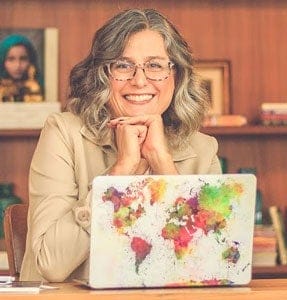Latin America and the Caribbean
Promoting the use of land-based financing tools to expand urban infrastructure and social housing and to mitigate informality, climate change impacts, and poverty in Latin America and the Caribbean
Cities in developing nations—and in Latin America in particular—are living a paradox: widespread poverty persists amid extraordinary wealth and economic progress. Land is at the heart of both the problem and the solution. Patterns of informal settlement prevent millions of people from accessing infrastructure and jobs. Meanwhile, the value of land that is generated by the public sector offers the potential to finance urban development and provide services that mitigate urban poverty.
While the paradox persists, some countries and cities in Latin America have been designing and implementing innovative land policies and land-based finance tools. Since 1993, the Lincoln Institute has learned from, educated, and trained the key decision-makers behind these tools and built an evolving network of regional scholars, experts, and practitioners to share findings and best practices.
Reversing the conventional causality—poverty leading to informality—is one of the Lincoln Institute’s trademark contributions to the longstanding debate on the causes and mitigation of informal settlements in the region. Our work in Latin America primarily advances the Lincoln Institute’s work toward functional land markets and reduced informality and efficient and equitable fiscal systems by developing education and research on fiscal systems, upgrading of informal settlements, land value capture, and urban economics. More recently, our work has also addressed climate change, spatial inequity, and land conservation.



















